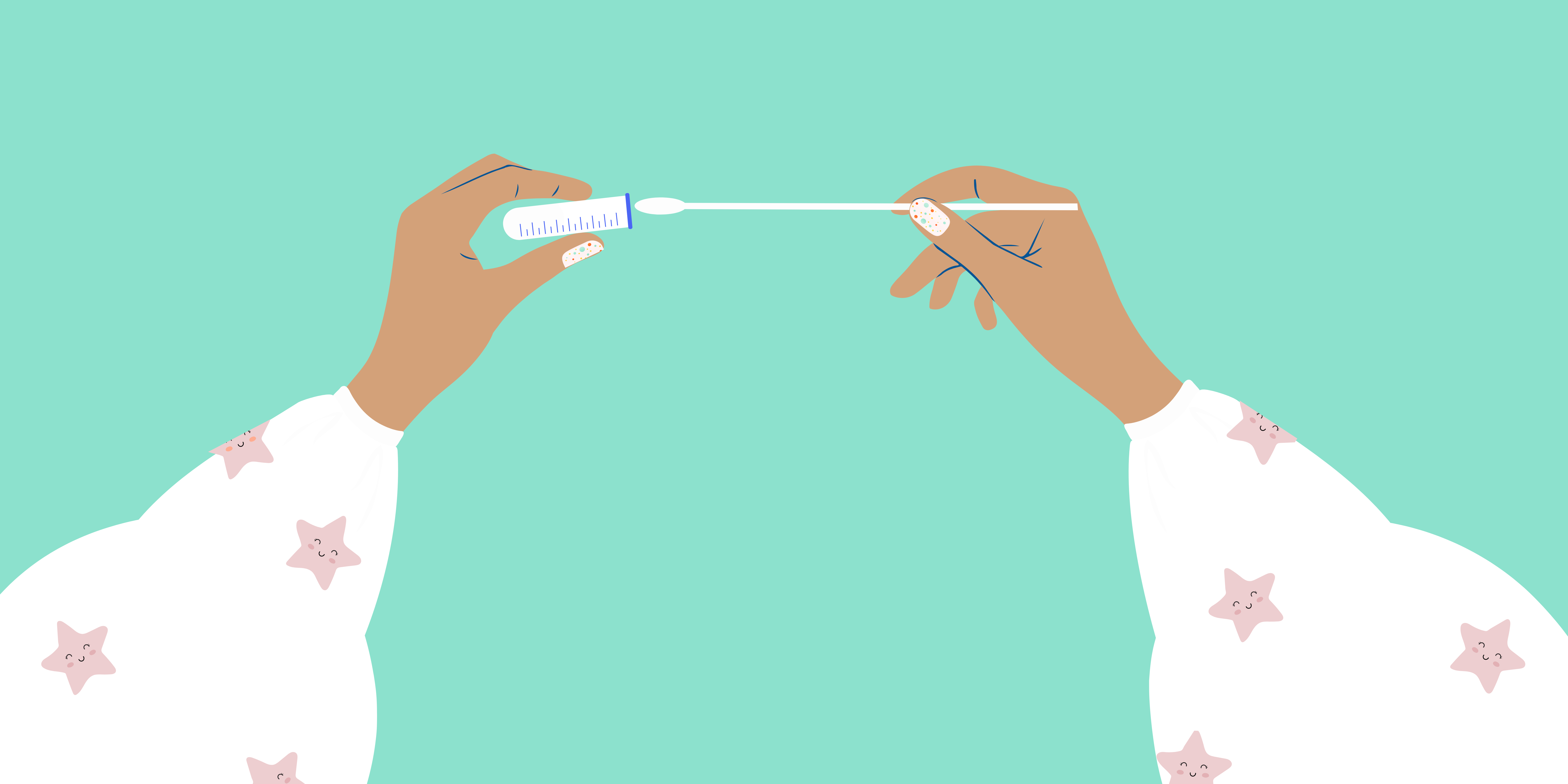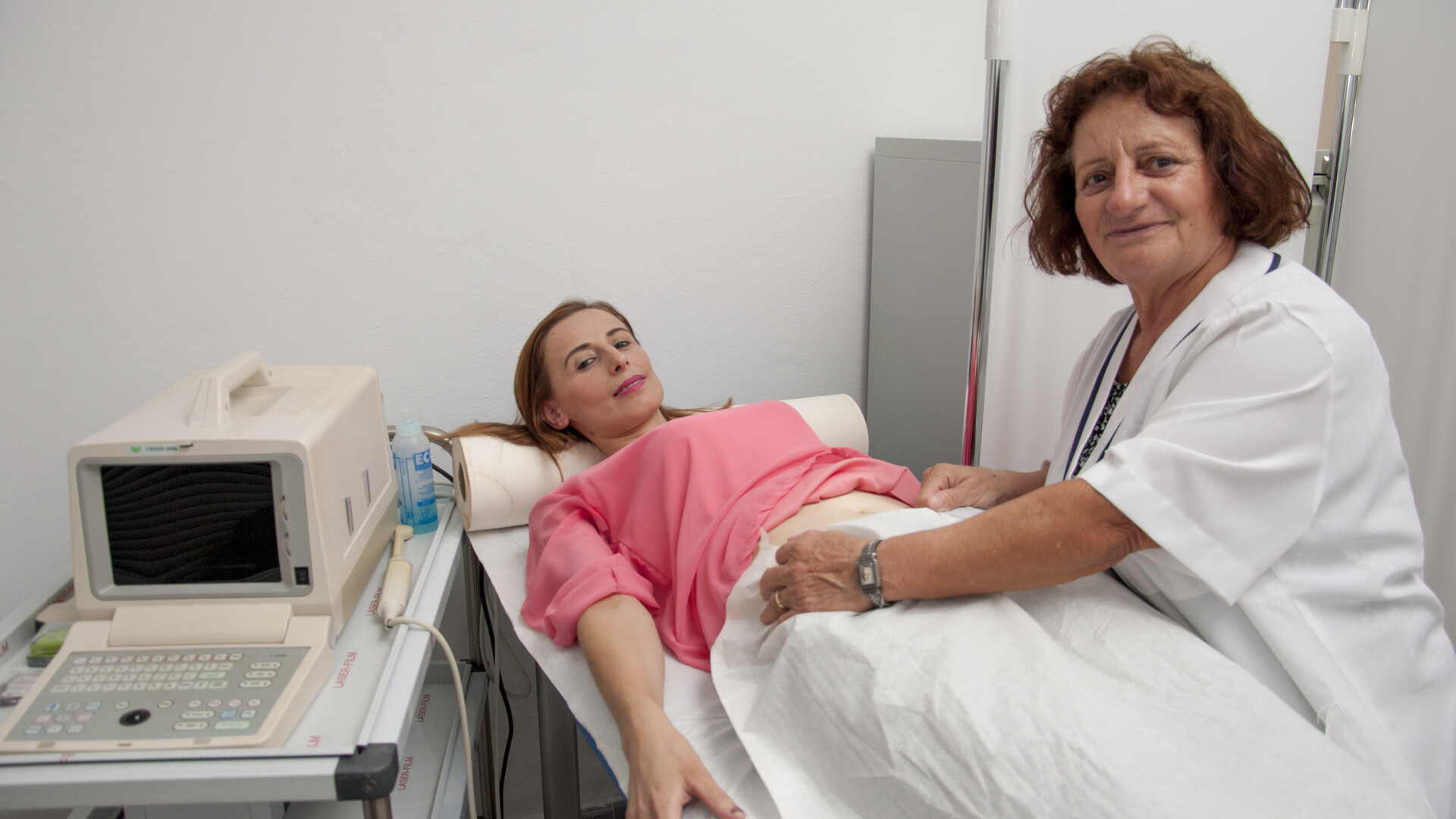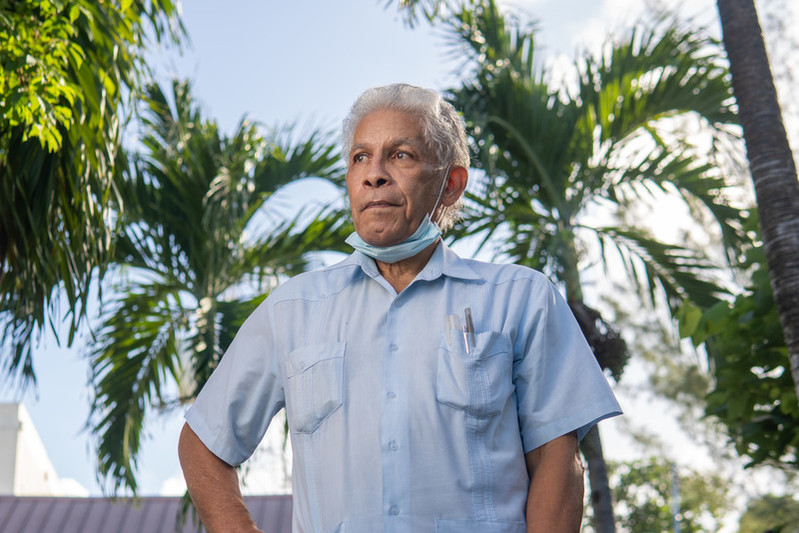The Western Pacific region bears a quarter of the world's cervical cancer cases. And inequalities persist within the region. Vanuatu women are seven times more likely to die of cervical cancer than Australians. A year and a half ago, the Minderoo Foundation's Collaborate Against Cancer initiative decided to take the lead on this public health issue and founded the Elimination of Cervical Cancer in the Western Pacific (ECCWP) project. By doing so, Vanuatu became the first country in the Pacific to adopt a strategy for the elimination of cervical cancer.
when
country
Vanuatu
region
East and South East Asia and Oceania
Related Member Association
Vanuatu Family Health Association

"In Vanuatu, cervical cancer is the second most common cancer amongst women. Every year we have women who have lost their lives, and the number is increasing every year. Today we are proud that Vanuatu is the first country in the pacific to commit to the elimination of cervical cancer.” said the Hon Leonard Joshua Pikioune, Minister of Health.

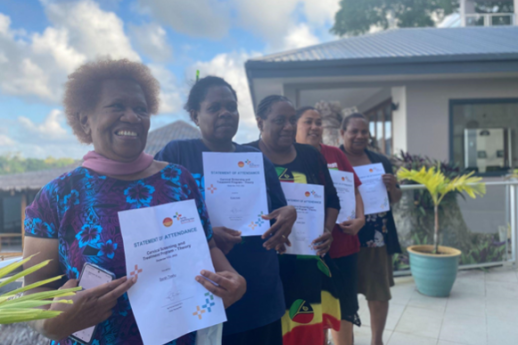
Clinic staff receiving their training certificates
Delta Tjiobang & Aisha Kalmet, ECCWP- Vanuatu communcation & logistics team.The Elimination of Cervical Cancer in the Western Pacific (ECCWP) project aims to set Vanuatu and Papua New Guinea (PNG) on a path to eliminating cervical cancer, consistent with the World Health Organisation (WHO) strategy to eliminate cervical cancer worldwide by the end of the century. Women in Vanuatu face many challenges regarding their health, including limited access to healthcare services, high rates of maternal mortality, and prevalence of gender-based violence. The ECCWP project has been instrumental in providing much-needed cervical cancer screening, diagnosis, and treatment services for women. The ECCWP project is committed to achieve 70% or higher participation in screening of eligible women aged 30-54 years, 90% or more of screen-positive women attending follow up care and treatment, and 90% of women that need it receive treatment for invasive cervical cancer, across Vanuatu.
In October 2022, the ECCWP project launched its first cervical screening clinic in Vanuatu at Vila Central Hospital (VCH). Harriet Obed is the ECCWP Medical Coordinator and works at VCH as a midwife. She has witnessed the positive impact of ECCWP innovative screening method.
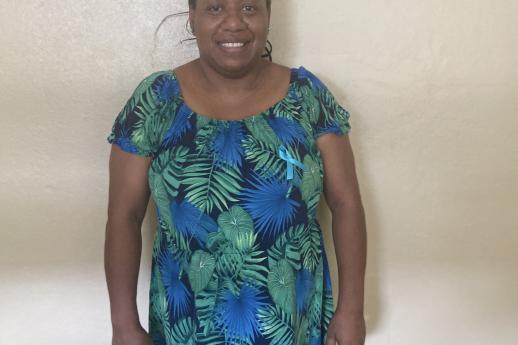
Harriet Obed, ECCWP Medical Coordinator & VCH midwife
Delta Tjiobang & Aisha Kalmet, ECCWP- Vanuatu communcation & logistics team.“As a midwife and nurse responsible for Family Planning at Vila Central Hospital, and Medical Coordinator for the Cervical Cancer Screening Hub in Vila Central, I have noted that the cultural sensitivity around women exposing their bodies can be a barrier to them presenting for cervical cancer screening. Due to the self-collection model employed by ECCWP, this barrier is removed - clients describe feeling more comfortable and less embarrassed. The nursing team has more time to focus on registering women as they do not have to assist with the collection, further increasing the number of women able to be screened.” explains Harriet Obed, ECCWP Medical Coordinator & VCH midwife
These innovative methods are indeed successful. The project has seen over 6,600 women screened to the end of December 2023. The screening model used is consistent with the newly approved national HPV-based screening algorithm and comprises point-of-care HPV testing using self-collected vaginal specimens in a GeneXpert instrument, followed by same day curative treatment using a new, battery-operated, portable, thermal ablation device. Ten women were interviewed about their experiences with the self-collection method of cervical cancer screening, and 9 out of 10 women reported that the method was quick, easy, and comfortable to use. They did not feel embarrassed as there was no need for a clinician to look at their body, and the instructions provided by the nurses were clear and easy to follow.

Woman awaiting screening
Delta Tjiobang & Aisha Kalmet, ECCWP- Vanuatu communcation & logistics team.By providing education on cervical cancer, its causes and symptoms, and the importance of early detection, ECCWP is empowering women in Vanuatu to take control of their health and well-being. Through education and training, healthcare providers are also able to provide better quality services to their patients, resulting in improved health outcomes.
The success of the ECCWP project can be attributed to the strong partnerships established with local stakeholders - including the Vanuatu Ministry of Health, Vanuatu Family Health Association and Australian organizations as the Daffodil Centre (a joint venture between Cancer Council NSW and The University of Sydney), the Kirby Institute UNSW Sydney, the Australian Centre for Cervical Cancer Prevention, and Family Planning Australia - and the effective communication strategies employed to raise awareness about the importance of cervical cancer screening. The ECCWP project serves as a model for other countries facing similar challenges and provides hope for the future of women's health in the Pacific region.
Eliminating Cervical Cancer in the Western Pacific (ECCWP) is supported by the Minderoo Foundation's Collaborate Against Cancer initiative.
Banner credits: Delta Tjiobang & Aisha Kalmet, ECCWP- Vanuatu communcation & logistics team.











